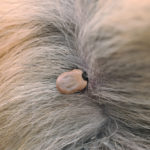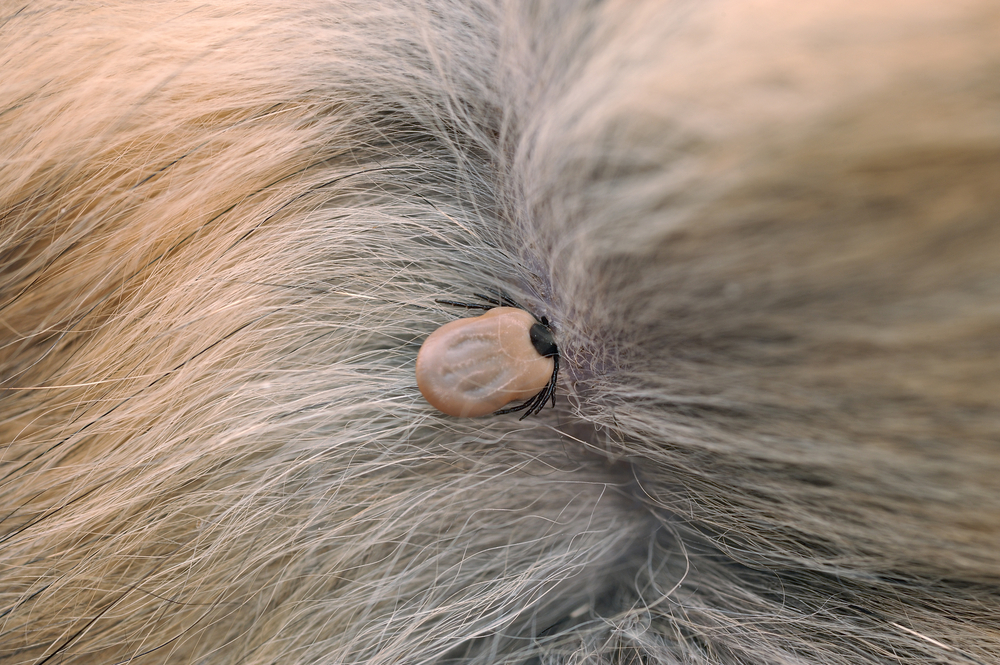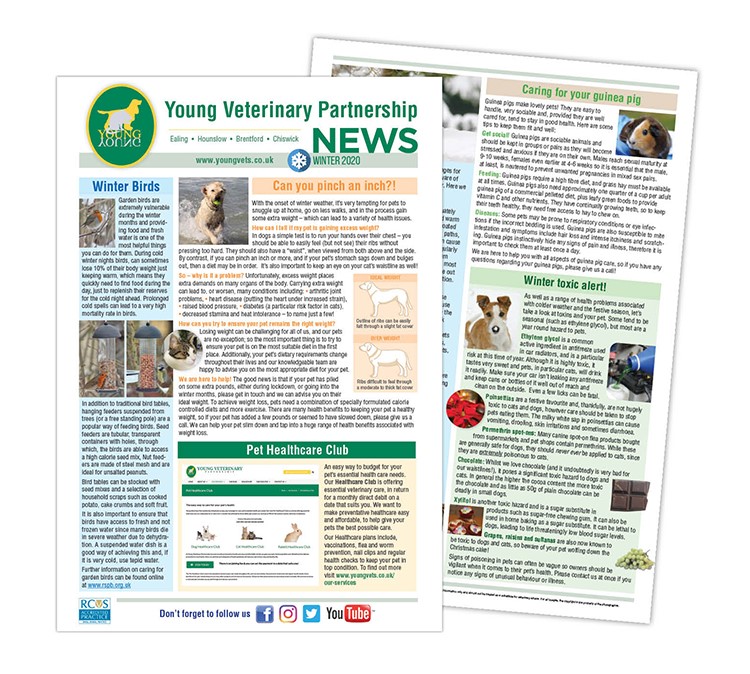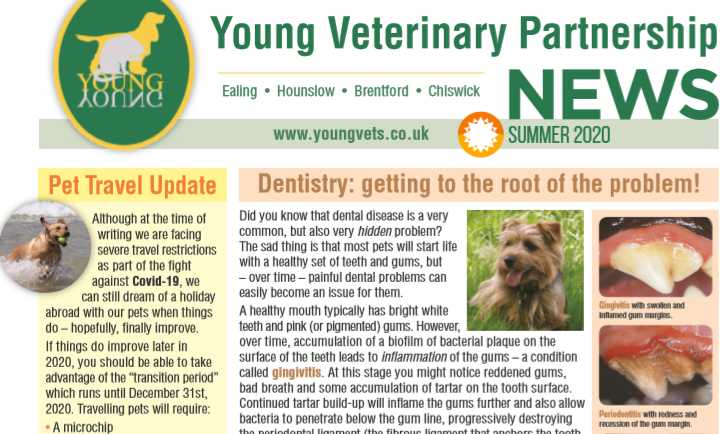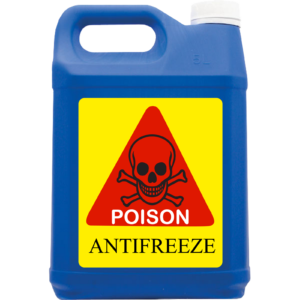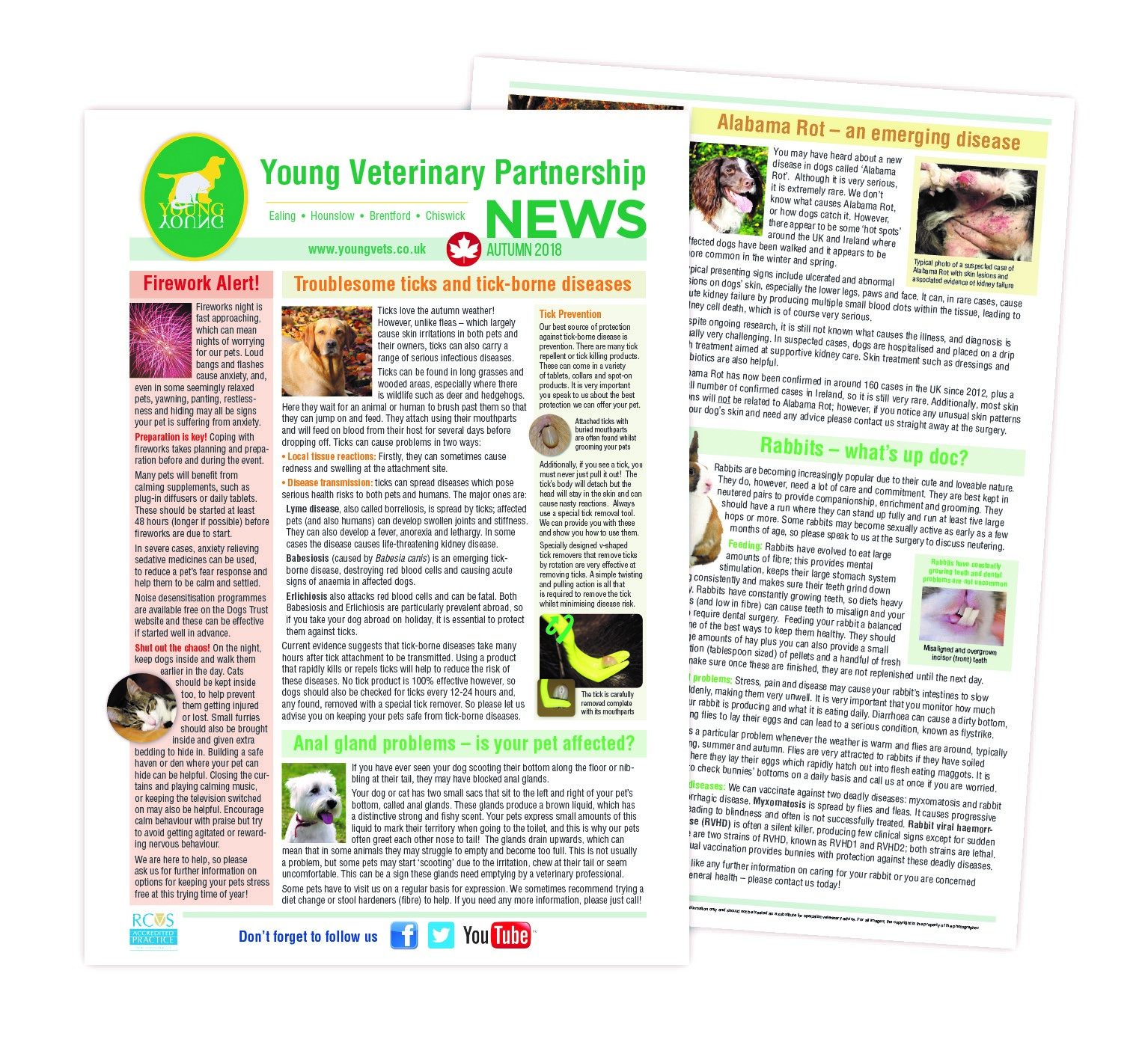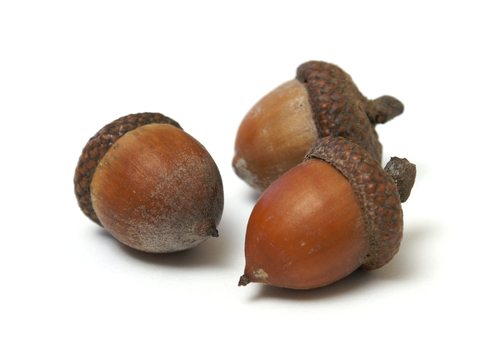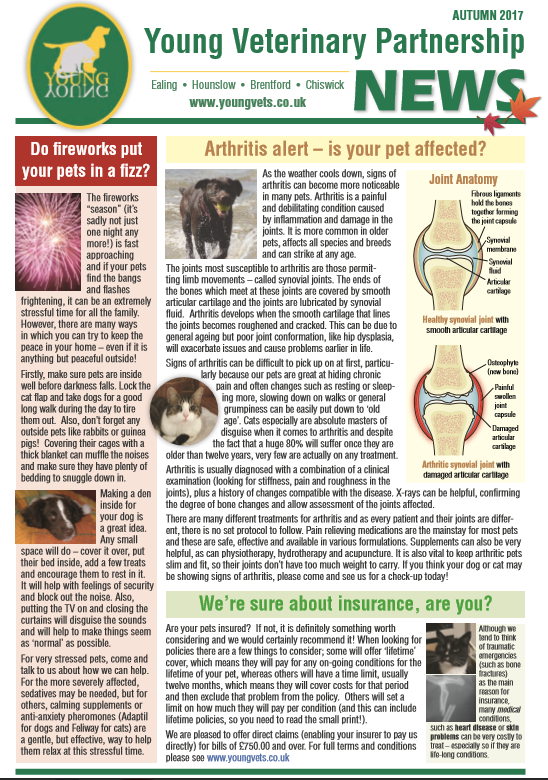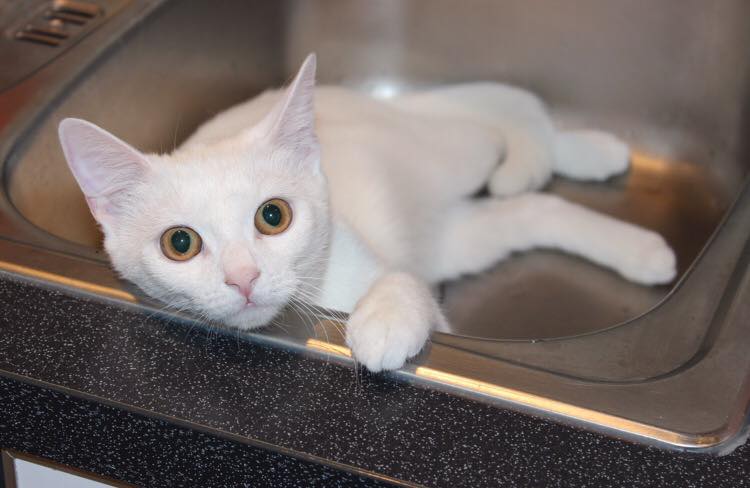Looking after your golden oldies.
Did you know that by the time your feline friend reaches 1 year of age it is the equivalent of around 15 human years! With improvements in nutrition, veterinary care, medicine and knowledge from the public cats, like most pets are living longer healthier lives but can still suffer the effects of old age. Read on to find out the signs to watch out for and how to help your older feline friend.
What to watch out for:
– They may meow more loudly than before this could be due to hearing loss. Bad breath, drooling and or change in eating habits, portion size and/or dropping food can be a sign of dental disease, don’t forget to keep an eye on the amount they are drinking too.
– Sensitivity to bright lights can be due to a decline in your cats vision.
– Your feline friend may also become less active due to arthritis so keep an eye out for sharper claws, we can easily clip your cats nails in a consultation and show you how to do it at home too.
– Just like humans, they can loose their sense of taste and smell which can cause them to go off their food which is why it is important to visit us at least once a year to keep an eye on their weight and general body condition.
As we all know cats are the King’s and Queens of the Household and we are just their servants, this means they are extremely self reliant and masters of hiding their pain. Sadly this can mean that conditions like dental disease and arthritis can go unnoticed for a period of time. If your cat is slowing down or losing their appetite don’t ignore the signs, give our friendly team a call for some advice and to book a check up.
How to help your cat into old age
If their favourite sunshine spot is on a high window ledge, make them a half way step to help their joints perhaps a chair or coffee table to help them up?
In winter time make sure their bed is extra cosy and warm for them to snuggle into,
Cold bones = Old bones.
Make sure they have regular weight and health checks.
If you have a multi cat household make sure the golden oldies have a quiet space to hide in.
Keep your pets microchip details up to date if something happens whilst they are out & about is your mobile number up to date on the records?
If you think your cat may be loosing her sense of smell try warming up the wet food, this can make it more appealing.
Grooming (particularly long haired coats) your cat will help strengthen your bond and older cats generally enjoy a gentle groom with a soft brush or comb.
Regular nail clips to ensure brittle nails do not get caught in furniture.
Try buying the smellier food such as salmon or tuna to help tempt their appetite.
If you have any concerns no matter how small do not hesitate to mention them to one of our team so we can help you care for your golden oldie.


